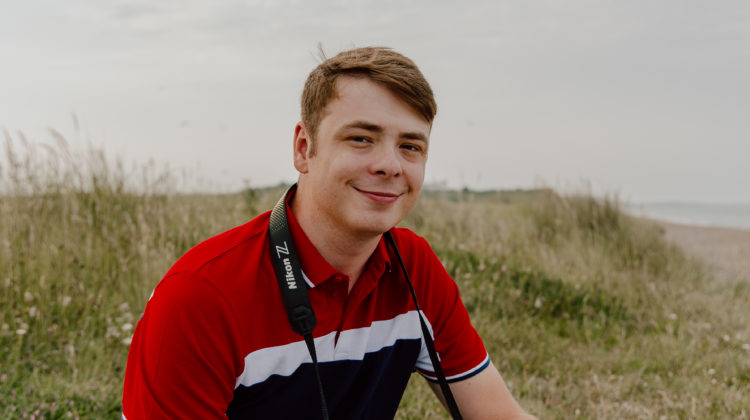
Alfie Bowen is a talented young autistic photographer – as well as an artist, author and activist. Here he explains how his first word was ‘Mallard’ (as in the duck), and life has been all about animals ever since
The word that immediately comes to mind when asked to describe my life so far is ‘rollercoaster’, because it has literally been filled with ups, downs, and some moments where everything was turned up-side-down.
The early years were the easiest, I was just myself, and completely unaware of the world around me, or that I was different. As I grew older, I began to become aware of my differences — I felt lost, confused and very lonely. I was then diagnosed with Autism and a generalised anxiety disorder
in 2009, aged 11 years old. I struggled with mainstream education, particularly at secondary school, which was hell. I was told I’d never pass an exam or amount to anything, and every day was a battle — the constant remarks, the stares and the utter inability of people to accept my differences made me feel like an alien, like everyone around me was speaking a foreign language. Most of the kids were discussing cars, motorbikes, celebrities, and dating, and I was laughed at for only being interested in animals.
Even though I tried to learn about the ‘normal’ topics of teenage conversation so I could join in the chat, I was still shunned and bullied relentlessly.
After many legal battles, in 2014 when I was 16 my mum got me into a private, special educational needs school not too far from home in Suffolk – Centre Academy East Anglia. I went from an environment of over 1000 pupils, where no one bothered to even say hello, to one of no more than 50 students, where every single person seemed to care. That was quite overwhelming to begin with, and I spent my first year just learning to trust people again.
I went from being treated as a number to being treated as an individual, and that really boosted my confidence – I felt alive again. I became the first head student in the school’s history, got six GCSEs and seven coursework-based A-level qualifications at grades A* to B, and gained five unconditional university offers.
When did you start getting into photography and what is it about it that appeals to you?
I first picked up a camera when I was about 16 after getting fed-up with reading the same wildlife books. I needed a new method of satisfying my obsession, and the camera became that method.
By this time, I had spent years without having much of a voice, and so photography became my voice, and a creative outlet into which I could channel my emotions.
People overlooked me, and I don’t want them to overlook animals in the same way, they would miss out on so much. I try hard to create portraits that delve deeper into the personality of the subject, rather than just the appearance.
You have a particular interest in animal photography – and an affinity with animals?
Autism brings with it obsessions, and mine has always been animals. My first word was ‘Mallard’, after the duck, and everything was, and still is about animals. They cannot laugh at or bully me, and, therefore, I feel incredibly relaxed around them — more relaxed than I feel around most humans. You should photograph what you love, and hence I have always photographed animals.
How was everything looking for you at the start of the pandemic and have you had to adapt your work in any way?
Things were good — I was planning for the global launch of my debut book, Wild World, and beginning my journey with Castle Fine Art. The pandemic disrupted plans for the book launch, but it was eventually published in September 2021 and has sold well across the world.
The biggest impact was on the creation of new content. I couldn’t visit any wildlife parks or zoological parks, which meant new content was limited, but it did give me bags of time to mentally envisage new photographs and sketch them in my notepads. I took advantage of the downtime, it had been a busy year or so, and I needed a long and proper rest.
Is it important for you to raise awareness about both autism and wildlife?
Yes, and the desire to raise awareness for both is the fuel behind all my work. I don’t want any other young autistic person to be bullied or to feel the way that I did, and so I believe it is now my duty to use the platform that I have, to raise awareness and to change the world for autistic people. It might take my entire life to do that, but that’s fine, I won’t stop until it’s done.
Wildlife has been my saving-grace, the one thing that has kept me dreaming, and fighting, so now it’s time to give back. I’m proud to work with WWF here in the UK, to raise awareness of their work, and to be an ambassador for Zoological Society of East Anglia.
You brought out the book last year, with Chris Packham writing the foreword – how proud are you of that?
Publishing a book had always been a dream of mine, so it was a special moment to see it published in September last year, and to receive the support of Chris Packham, who has always been my hero.
I just hope it has raised some awareness and inspired someone with autism to carry on fighting — that’s all I want.
Where do you think your photography will take you in 2022?
Well, I’m hoping to visit more schools up-and-down the UK this year to inspire young people to accept each other’s differences and care for the natural world.
I’ve also just received Nikon’s new flagship camera, the Z9, so I’m looking forward to pushing it to its limits this year in the search for new work.
I have fully charged batteries, bags of creative energy, and sketch books full of image ideas. It’s an exciting time.
Wild World, Nature Through An Autistic Eye, by Alfie Bowen, Foreword by Chris Packham. Visit Alfie Bowen and Instagram

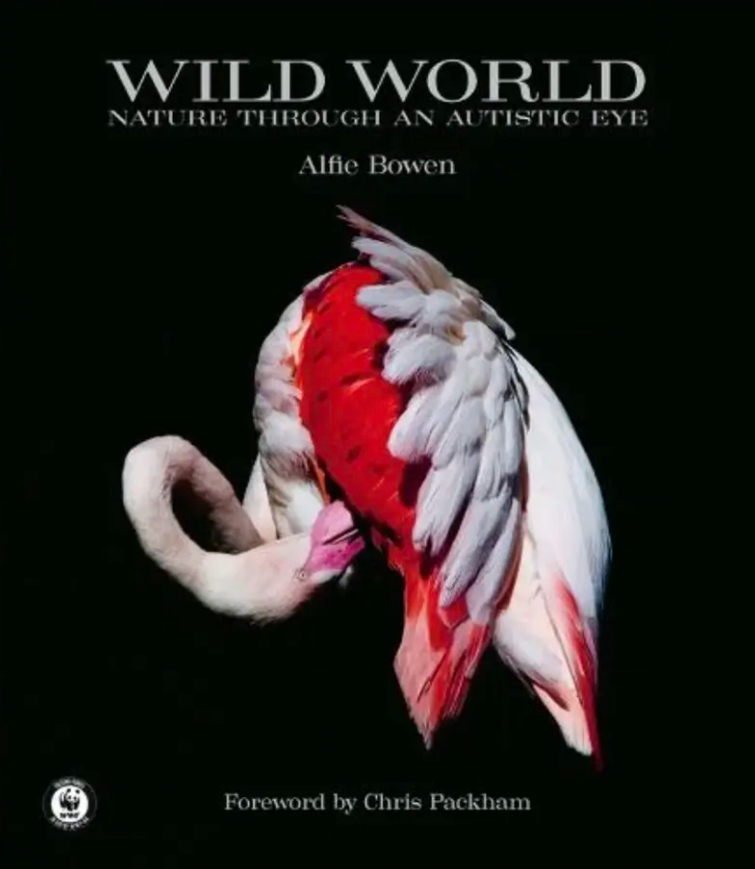



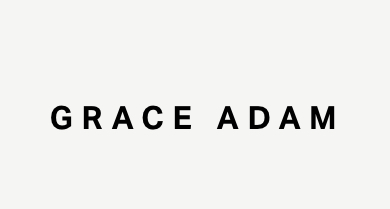
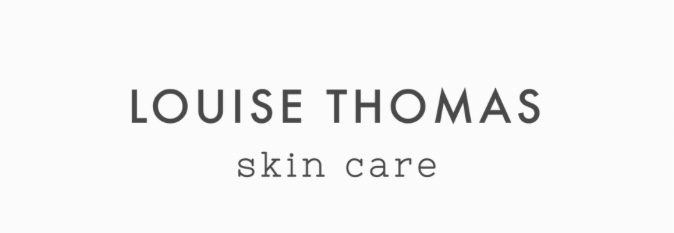

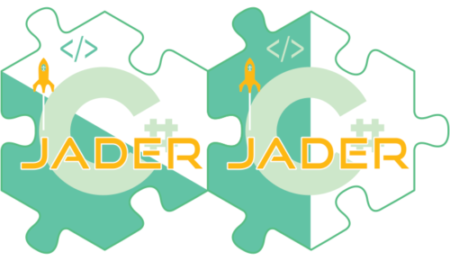
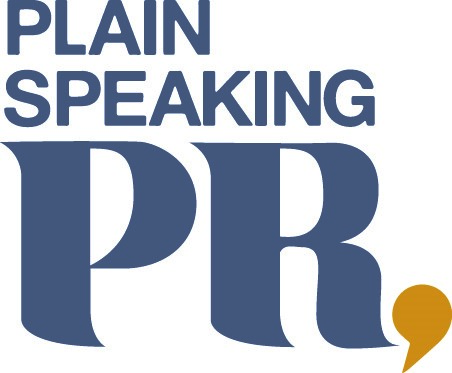
Difficult to pick a favourite out of those stunning photographs shown – but my top two include ‘Prince of Darkness’ and ‘Incognito’. Stunning works.